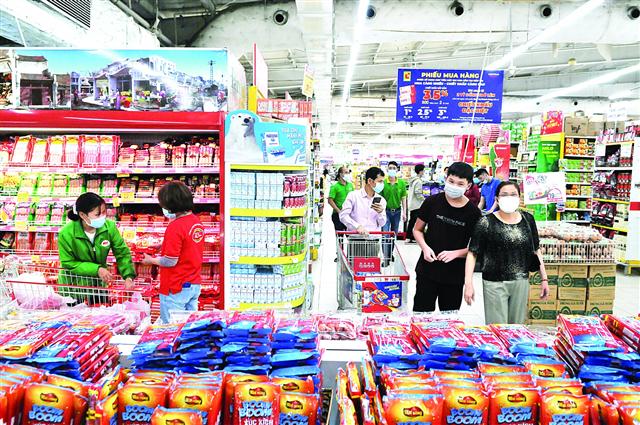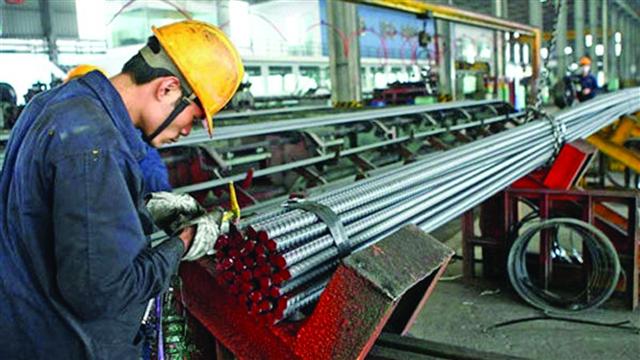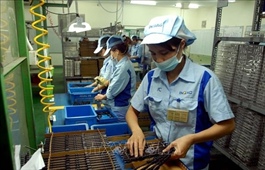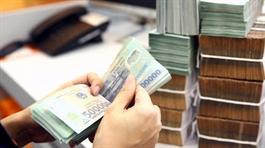Deputy PM tasks ministries with cautious, flexible price management
Deputy PM tasks ministries with cautious, flexible price management
Deputy Prime Minister Le Minh Khai asked ministries, departments, agencies and localities to be cautious, flexible and active in price management in order to stabilize price levels and promote economic growth.

Price management should be in line with market principles
|
Close coordination
Deputy PM Khai requested ministries, departments, agencies and localities to closely coordinate and seriously implement the directives of the government, the prime minister and the head of the National Steering Committee on Price Management, strengthen specialized inspections of prices, monitor market prices, and provide prompt advice for authorities to regulate prices in accordance with market principles and macroeconomic management.
He also asked for a review of legal documents related to obstacles and overlaps in price management. Provinces and cities were tasked with monitoring the prices of products and services, mainly essential goods, to avoid a spike.
Analysis and forecasts of market supply-demand and prices should be improved. Ministries and departments should build monthly, quarterly and yearly price management scenarios and formulate suitable plans and report them to the head of the National Steering Committee on Price Management for further guidance.
Monetary policy should be operated in a proactive, flexible, and cautious manner, and in harmony with fiscal and other macroeconomic policies to curb inflation, maintain macroeconomic stability, and fuel economic growth.

Increasing domestic production capacity is one among solutions to stabilize the domestic steel market while prices are soaring
|
Specific tasks for each ministry
Deputy PM Khai asked the Ministry of Industry and Trade to manage petrol prices in close coordination with the Ministry of Finance in a flexible manner, in line with global prices. In addition, an electricity price plan in 2021 should be developed on the basis of carefully assessing input costs and expected expenses. He also asked the ministry to seek solutions to increase domestic steel production and ensure supply and demand balance.
Deputy PM Khai requested the Ministry of Agriculture and Rural Development in coordination with the Ministry of Industry and Trade to closely follow market developments, especially the supply and demand for pork products. He also directed implementation of disease control measures, especially for African swine fever, in order to prevent their resurgence and spread on a large scale.
The Ministry of Health was tasked with the early completion of review and classification of services and economic-technical norms as a basis for calculating medical service prices.
The Ministry of Construction was asked to conduct research on construction technologies in order to reduce steel consumption, and closely coordinate with localities to strengthen supervision of the real estate market.
Deputy PM Khai directed the Ministry of Education and Training in coordination with the Ministry of Finance to review and strictly control the prices of textbooks for grade two and grade six according to the new general education program.
























